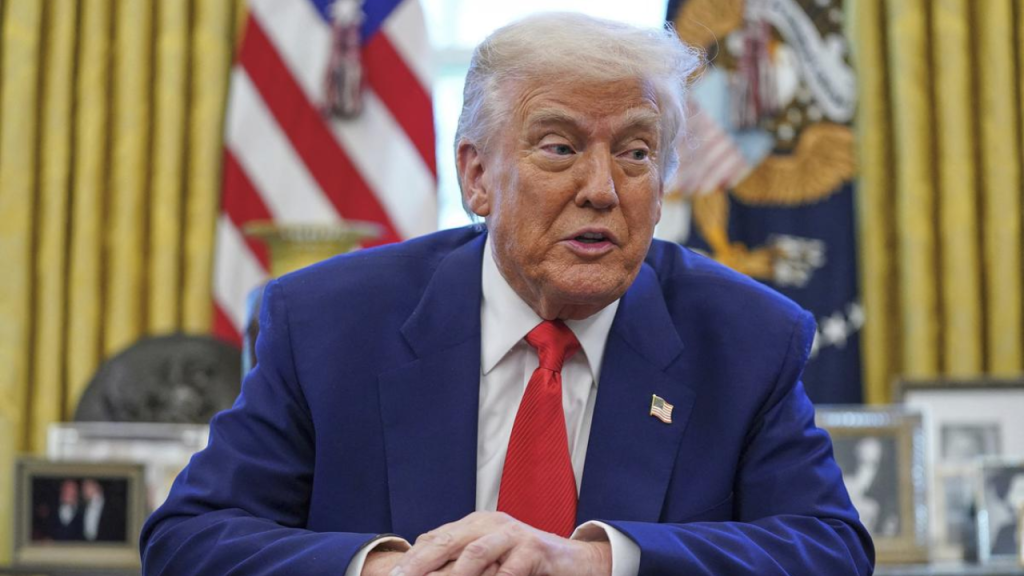
As the U.S.-China trade war intensifies, millions of Americans are expressing deep concern over the impact on their 401(k) retirement accounts and the rising cost of living.
The recent escalation in tariffs has led to significant market volatility, threatening the financial stability of both current and future retirees.
Tariff Escalation Sparks Market Turmoil
On April 2, President Donald Trump announced a sweeping 10% tariff on all imports, with a staggering 145% tariff specifically targeting Chinese goods.
In retaliation, China increased its tariffs on U.S. products from 84% to 125%, marking a significant escalation in the trade conflict.
These moves have sent shockwaves through global financial markets, with the S&P 500 experiencing a drop of over 11%, erasing trillions in market value.
Impact on Retirement Savings
The stock market downturn has had a direct effect on Americans’ retirement savings. Approximately 62% of Americans have investments in the stock market through 401(k)s, IRAs, and pensions.
The recent losses have disproportionately affected lower- and middle-income individuals, many of whom are nearing retirement and may not have the time to recover from these financial setbacks.
Financial advisers are urging clients to remain calm and avoid making hasty decisions. “It’s crucial to stay the course and focus on long-term goals,” says financial adviser Ted Jenkin. “Pulling out of the market now could lock in losses and miss potential rebounds.”
Rising Consumer Prices and Inflation Concerns
The tariffs have also led to increased prices for various goods, contributing to inflationary pressures. In March, U.S. producer prices recorded their first monthly decline in nearly 18 months, but this trend is expected to reverse due to the new tariffs.
Steel mill product prices have already risen by 7.1%, and economists warn that continued tariff-induced inflation could lead to a recession.
Consumer Sentiment Hits New Lows
The University of Michigan’s consumer sentiment index dropped 11% to 50.8 in April, marking its lowest point since the COVID-19 pandemic.
This decline reflects widespread concerns over job losses and rising inflation due to the trade war. Expectations for rising unemployment are at their highest since 2009, further exacerbating fears of an economic downturn.
Conclusion
The ongoing trade war between the U.S. and China has created significant economic uncertainty, affecting retirement savings and consumer prices.
As market volatility continues, financial experts advise individuals to stay informed and focus on long-term financial planning.
Utilizing available government resources can help navigate these challenging times and make informed decisions about retirement savings.
